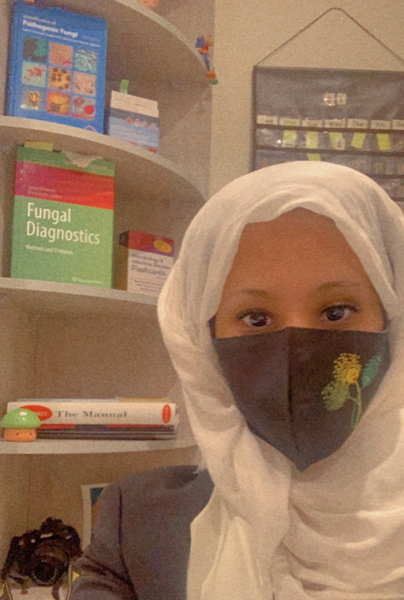GAFFI press release

Following on from major steps forward since its inception in 2013, GAFFI has adjusted its strategy with a new emphasis on strong partnerships to:
1. Actively advocate for Essential Diagnostics and Antifungals to be accessible in each country as part of Universal Healthcare;
2. Empower and expand GAFFI’s Ambassadors, starting in Africa and Latin America;
3. Develop an open access data centre on the burden of the most serious fungal disease; and
4. Facilitate the development of AI support products for diagnosis in resource- and healthcare worker-poor countries.
Fungi are silent killers, causing the death of over 2 million people every year – this makes fungal disease one of the top global causes of death ahead of TB and malaria. Vulnerable people from countries in the global south are disproportionately affected and those afflicted with fungal disease live in misery due to morbidity, the inability to work and stigma. Limited diagnosis and poor measurement of disease morbidity means that the true scale of the problem is unknown. GAFFI estimates that with access to diagnostics and current antifungal agents, 1.3 million lives could be saved (of 2.0 million deaths).
The burden of serious fungal diseases program has now reached over 100 countries, with 6 further country papers published in 2020: Republic of Congo, Cote d’Ivoire, Kuwait, Oman, Netherlands, and China.
Diagnostics for fungal disease recognised as Essential by the WHO include: microscopy, fungal culture, including blood culture, histopathology, cryptococcal, Histoplasma and Aspergillus antigen, Aspergillus antibody and Pneumocystis PCR.
Professor David Denning, Chief Executive of GAFFI and of the University of Manchester declared: “GAFFI’s work over the last 7 years is unfinished. So many countries and communities are poorly served by public health and medical services with respect to fungal disease diagnosis. While less dramatic than transmissible viral infections, their toll in death and suffering is large. This has to change.”
Executive summary GAFFI annual report 2020